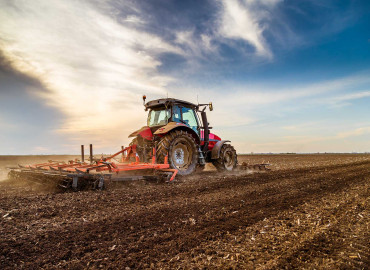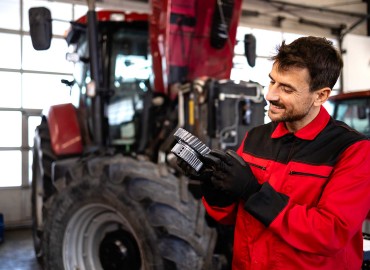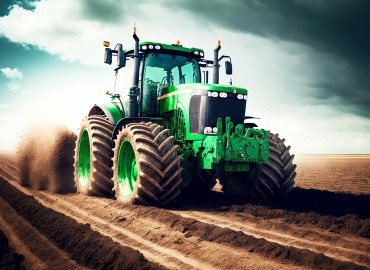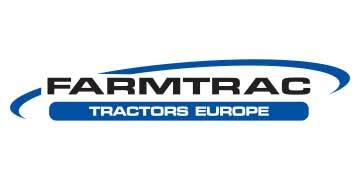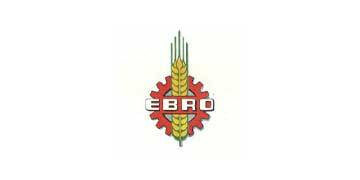The agricultural sector is increasingly embracing technological innovations to enhance productivity. As tractors play a fundamental role in agricultural operations, drivers need to experience comfortable and safe driving. In this context, tractor steering systems play a critical role in enhancing driver comfort with their ergonomic designs and ensuring safe driving.
What is the Importance of Steering Systems?
The large and heavy nature of agricultural tractors increases the need for accurate and effective steering systems. Steering systems enable proper steering of the tractor, control of turning movements, and minimizing operator fatigue.
What You Need to Know About Tractor Steering Systems
Here are some general points to know about tractor steering systems:
Advantages of Electronic Controls
Modern tractor steering systems are often integrated with electronic controls. Electronic steering systems can adjust speed and steering responses more precisely, offering the operator a more comfortable and controllable driving experience.
Durability of Hydraulic Steering Systems
Hydraulic steering systems control steering movements using pressurized fluid. These systems are known for their strength and durability. Additionally, hydraulic steering systems allow the operator to turn the steering wheel with less effort.
Importance of Regular Maintenance
Regular maintenance of tractor steering systems is critical for longevity and reliable performance. Oil levels should be regularly checked, and any leaks observed should be addressed promptly. This ensures the smooth operation of steering systems.
Designs Providing Comfort to Operators
Tractor steering systems should be designed to provide operators with a comfortable driving experience. Ergonomic designs, adjustable steering columns, and features that absorb vibration help reduce operator fatigue during long hours of agricultural work.
Automatic Steering Systems and GPS Integration
Advanced agricultural tractors can be equipped with automatic steering systems and GPS integration. These systems enable the tractor to move more precisely in the field, allowing the operator to focus more effectively.
High Precision Steering Systems
High-precision tractor steering systems enable tractors to move more precisely and controllably. These systems allow operators to perform various agricultural tasks more accurately, particularly in activities such as planting, irrigation, and fertilization.
Automatic Steering and Smart Farming Systems
Automatic steering systems enable tractors to automatically travel on a specific path or pattern. This allows operators to focus more on other tasks and redirect their energy. These features, integrated with smart farming systems, make agricultural operations more efficient.
Durable Materials and Coatings
The durability of steering systems ensures the long-term and reliable operation of the tractor. The use of durable materials and the application of special coatings increase the resistance of systems to wear and external factors.
Operator Training and Awareness
Training sessions for tractor users are important for effectively and correctly using steering systems. Operator awareness of systems allows for regular maintenance and early detection of problems.
Innovative Designs for the Future
Steering systems are constantly being renewed in parallel with technological advancements in the agricultural sector. Artificial intelligence, sensor technology, and connected farming applications will continue to play an important role in the steering systems of the future.
In conclusion, tractor steering systems are a critical component of agricultural operations. In addition to providing a comfortable and safe driving experience, these systems, integrated with modern technology, offer operators more control and efficiency. Combined with innovative developments in the agricultural sector, these systems enable farmers to perform smarter, more efficient, and sustainable farming operations.
 en
en  tr
tr 

